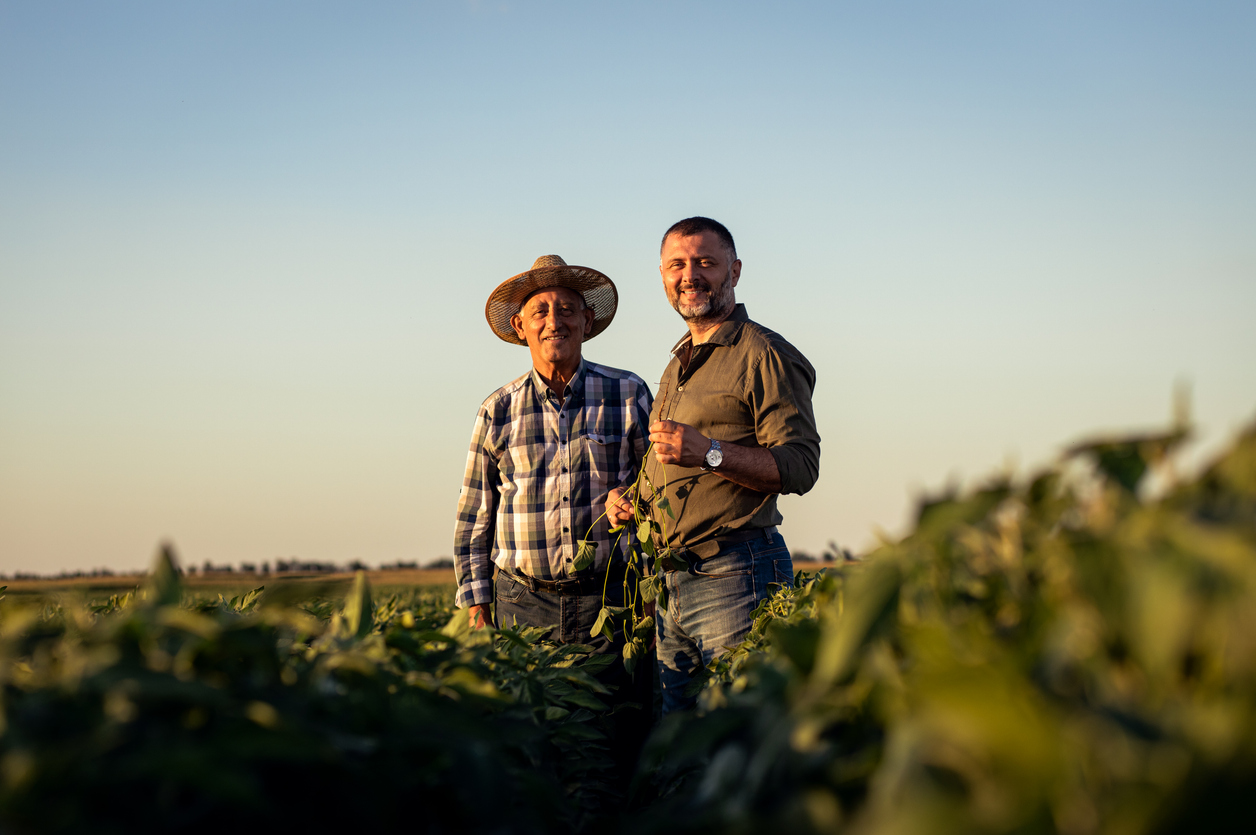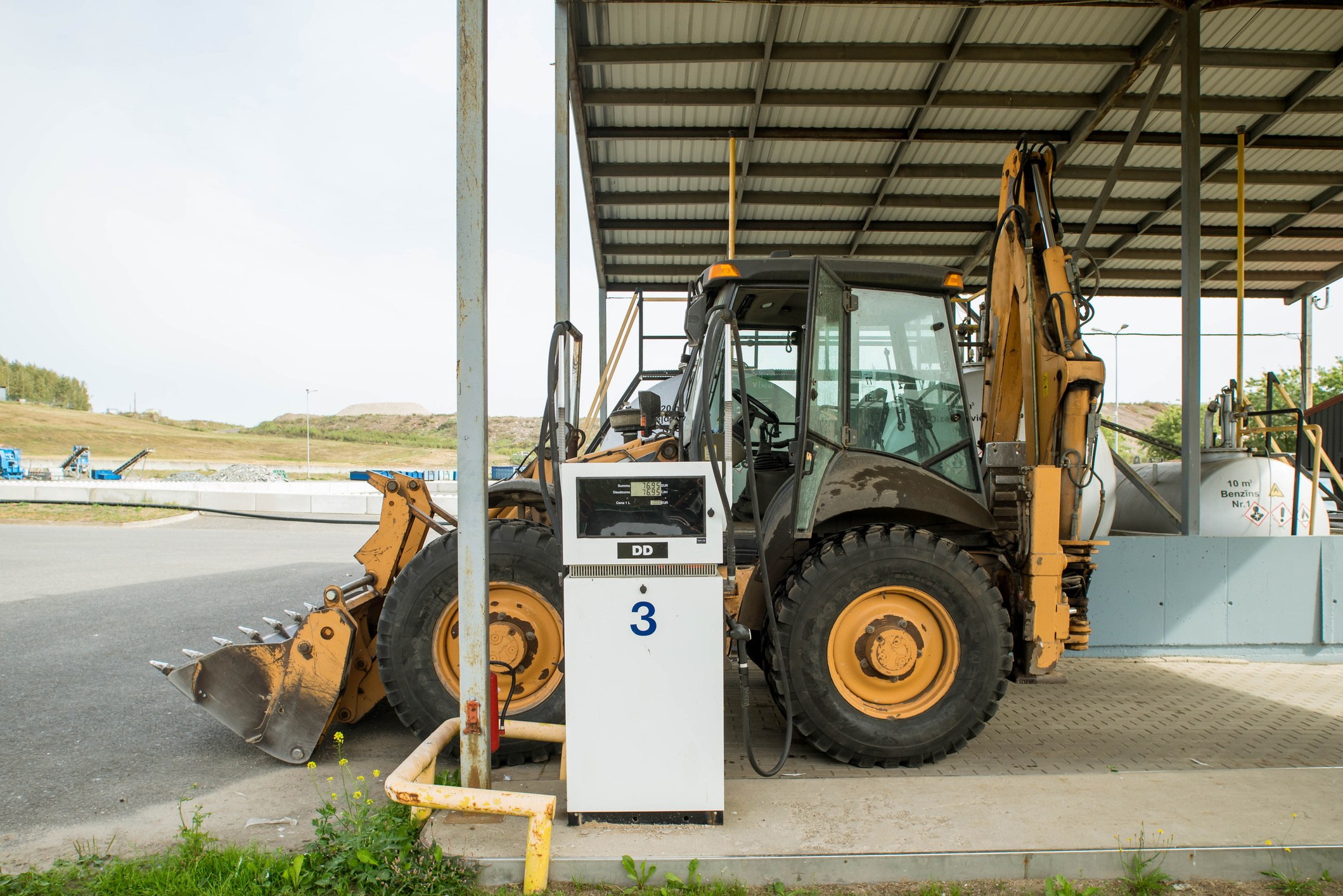This is part of a two-part series. You can read the companion piece here.
Donna DeRuyter Easterday, like all moms with three kids, is trying to juggle getting her two eldest daughters to different schools each day when they both have an 8 a.m. start time.
“We’ve been driving a lot,” Easterday said.
The 29-year-old, along with her husband Jared Easterday, 31, help run her family dairy Five D Farms, just outside Pasco. Right now, in addition to juggling their busy family, a blended herd of Holstein and Jersey dairy cattle, and their farming operation, they are also trying to come to grips with the November court ruling forcing dairies to pay time-and-a-half. And the legislative session, which could provide relief, seems stacked against them.
“I think if legislators are going to dictate policy for farms, they should have to put boots on the ground,” Easterday said. “They should have to make it through a day of harvest with us.”
Donna notes last year’s supreme court ruling and the legislation currently being debated in the legislature have been challenging for their household and their business. “My husband and I just sit there at night and discuss what we can do,” Donna said. “They’re lumping diaries into a stereotype and harming a large group of their constituents at the same time.”
Donna sees any retroactive payment requirement, which the courts may impose as part of the same case, as the end of the line for dairies in Washington state.
“They’re making them pay three years of money they don’t have,” Donna said. She contends that retroactive pay pits employers against employees and has the potential to harm employees in the long run by taking away their long-term livelihoods.
There are three business entities operated by Donna’s family, including Five D Farms, which employ more than 100 people and being able to maintain the employment of every employee is a high priority. “We don’t view our employees only as employees,” Jared said. “We view them as people. We have to stay viable not only for ourselves but for them as well.”
Before taking a step back from the daily functions of the dairy, Donna was the office manager at the dairy, which included tours and explaining the history of her family’s operation to anyone who was curious about how milk production worked.
“We opened our first milking parlor in January 2001,” Donna said. “I don’t remember the exact month the second one opened, but I was a freshman in college, so it was in 2009.”
She said her parents were inspired to open their own dairy after the 1992 outbreak of foot and mouth disease in England. The highly contagious viral zoological illness has the potential to decimate a dairy herd. Replacing the herd required sourcing new livestock from other farms to maintain production, exposing the farm to additional illness risks and production losses.
The foot and mouth disease outbreak inspired Donna’s parents to start a dairy where they could monitor the health of their livestock and, by extension the quality of milk they were producing, for their entire life cycle. By eliminating questions about herd health, Five D Farms also minimized concerns around milk contamination associated with antibiotics, introduction of new cattle, and new diseases.
“Since then, we’ve grown to economy of scale,” Donna said. “My parents really pulled themselves up by their bootstraps to build a business to support families beyond just their own.”
Donna says when she met her husband, Jared, they were both looking for the same thing: a person familiar with what it means to live and work on a farm; someone who understood the pressures, concerns, and unusual schedules that often come with working on Mother Nature’s timetable.
“My husband grew up in a large farming family with a lot of ambition to be successful for himself,” Donna said. “So, when we met in 2012, we tried to figure out how to make a living with zero capital.”
The young couple moved back to Five D Farms in 2015, into the house that their long-time employee Miguel Navarrete grew up in, to start and raise their family.
Donna said moving back to her family farm to be a part of the legacy her parents started had been her plan all along, a plan she hopes will be preserved for her children.
“I knew above all else, I needed to live the way I grew up,” Donna said. “We are in agriculture because we love it and, I think, if people talked to our employees, most of them would say the same thing. If we had to walk away from it, it would be earth-shattering.”
This is part of a two-part series. You can read the companion piece here.





